AeroGenie — Votre copilote intelligent.
Tendances
Categories
Hyundai Motor Pauses Operations of Air Taxi Startup Supernal
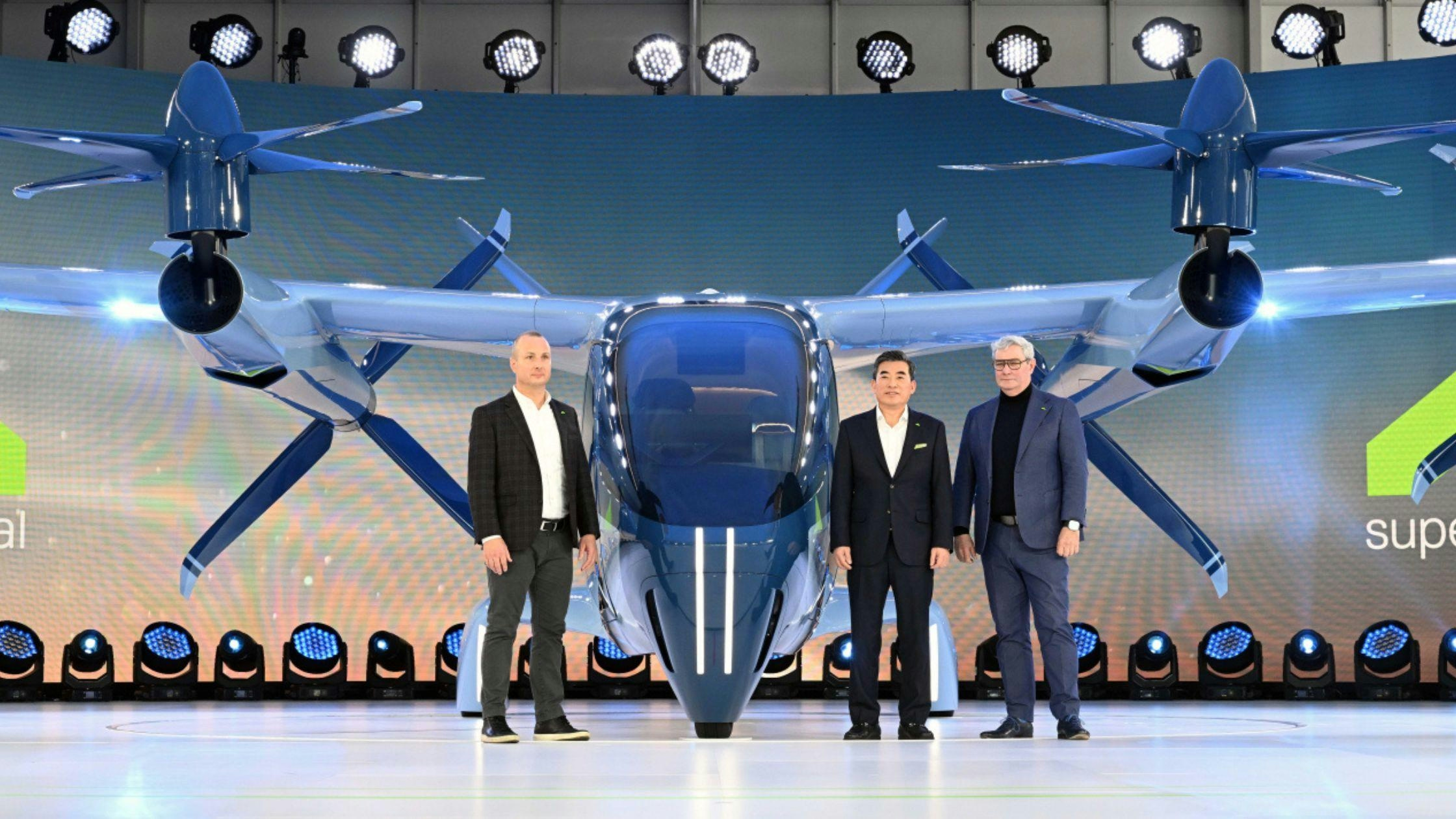
Hyundai Motor Pauses Operations of Air Taxi Startup Supernal
Hyundai Motor Group has announced a suspension of operations at its electric vertical takeoff and landing (eVTOL) startup, Supernal, marking a significant setback in its ambitions to develop electric air taxis. This decision follows a series of leadership departures and reflects broader challenges within the nascent urban air mobility sector.
Leadership Changes and Operational Halt
Supernal, which successfully completed its first test flight of a technology demonstrator earlier this year, is now in a state of uncertainty after the recent exits of CEO Jaiwon Shin and CTO David McBride. These departures come on the heels of staff reductions implemented during the summer months. David Rottblatt, formerly the senior business development director, has assumed the role of interim chief operating officer and is currently overseeing the company’s day-to-day operations. In a statement to TechCrunch, Supernal indicated that its new leadership team will evaluate and determine the most appropriate timeline for resuming activities. Hyundai is actively reassessing its product development roadmap and market strategy as it contemplates the future direction of the venture.
Industry Challenges and Market Context
The pause at Supernal has reverberated throughout the eVTOL industry, underscoring the mounting difficulties faced by companies attempting to commercialize urban air mobility solutions. Hyundai’s eVTOL initiative, launched in 2021 as part of a $7.4 billion investment in smart mobility, was initially regarded as a bold commitment to the future of urban transportation. However, the sector continues to confront significant economic, regulatory, and operational obstacles. Industry data reveals that seven eVTOL companies have discontinued their programs, three operate within limited commercial niches, and twenty-one remain in pre-production stages. Most of these pre-production firms are unlikely to secure certification or achieve sustained commercial operations by 2030.
Hyundai’s challenges are not isolated. Earlier this year, Diamond Aircraft Industries intervened to rescue Volocopter following its insolvency filing, while Lilium’s efforts to recover have been hampered by legal disputes and asset complications. The industry as a whole is grappling with overly optimistic market forecasts, underestimated development costs, and the intricate regulatory approval process.
Contrasting Progress and Market Outlook
Despite these setbacks, some competitors are advancing. Archer Aviation, supported by automotive giant Stellantis, recently raised $850 million and maintains a liquidity reserve of approximately $2 billion. Archer is poised to become the official air taxi provider for the Los Angeles 2028 Olympic Games, benefiting from a White House executive order designed to accelerate eVTOL adoption in the United States.
The market’s response to Supernal’s operational pause reflects growing skepticism regarding the near-term viability of many eVTOL startups. With widespread leadership turnover, funding difficulties, and regulatory uncertainties, the future of the industry may hinge on the formation of robust strategic partnerships and the involvement of financially strong backers. Hyundai’s decision serves as a sobering reminder that the path to commercial electric air taxis is likely to be more protracted and complex than initially envisioned.
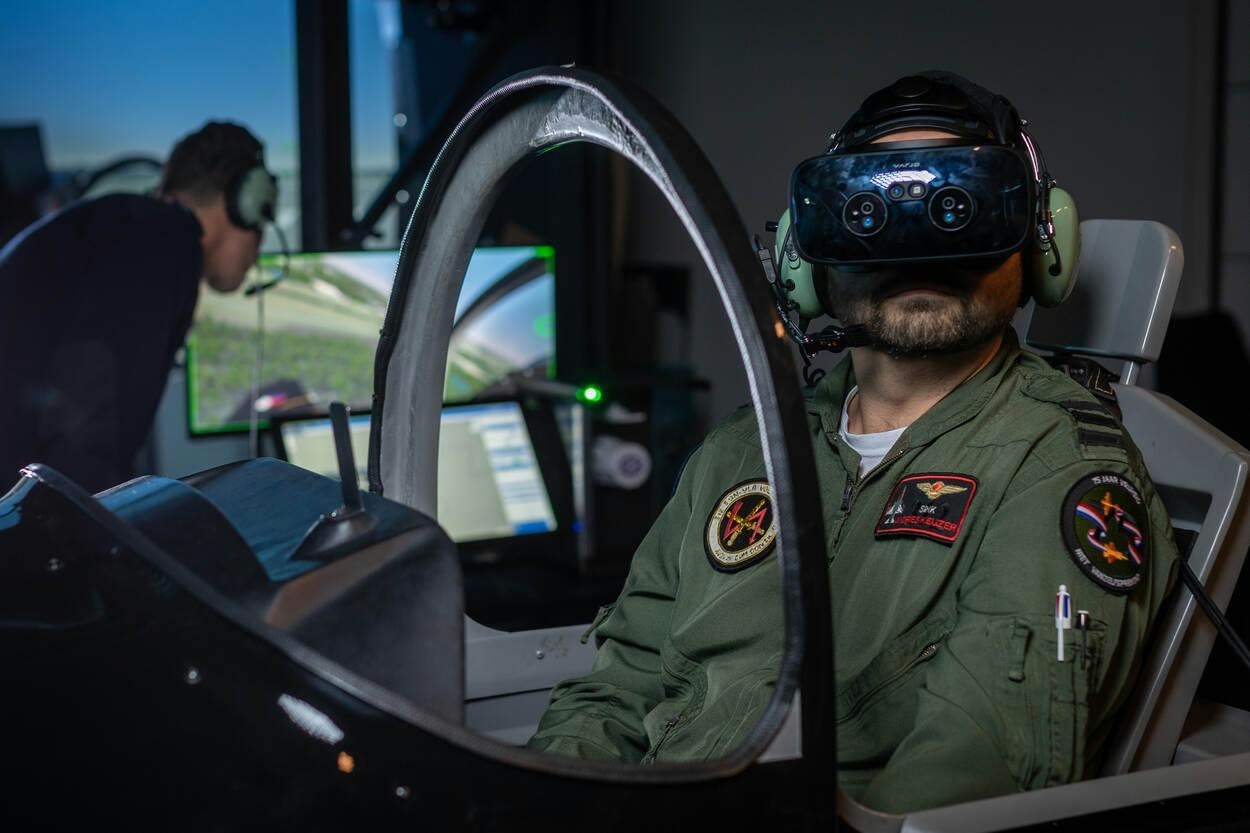
Royal Netherlands Air Force Trials AI to Monitor Fighter Pilots’ Brain Activity
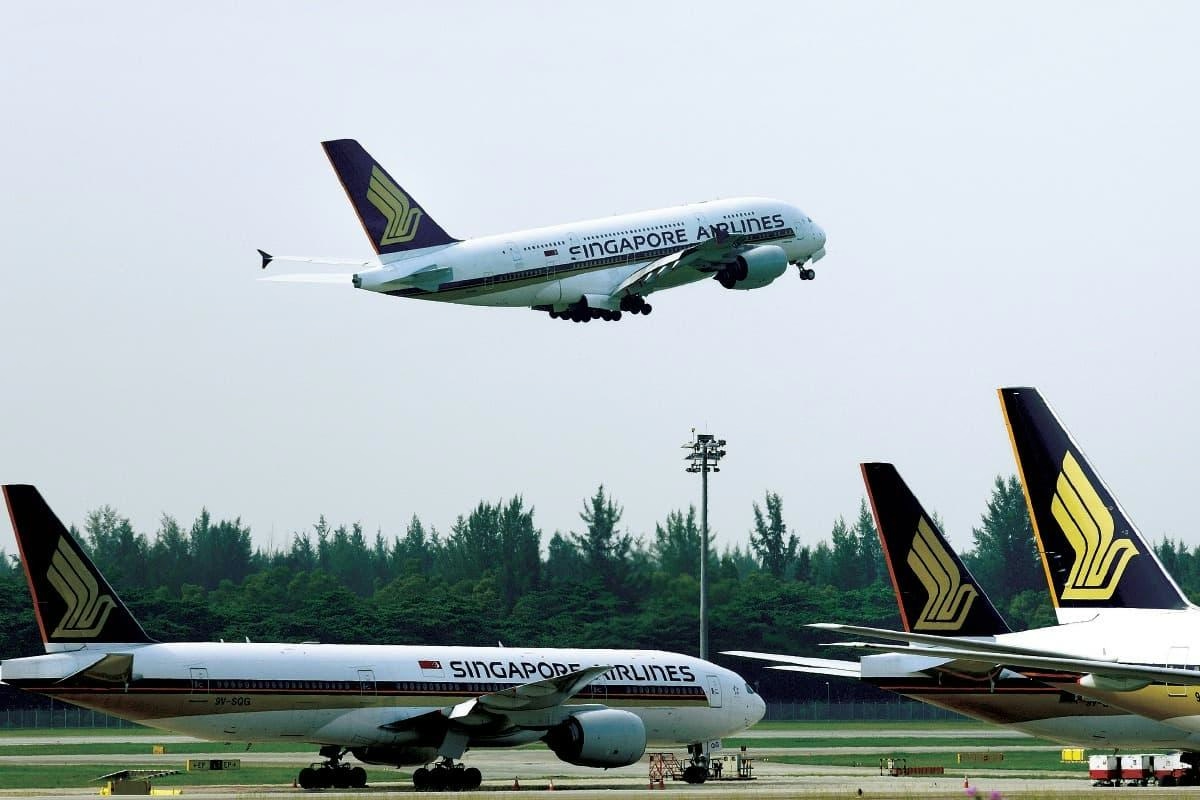
Singapore Airlines Shares Fall Amid Supply Chain Challenges Ahead of SGX Reopening
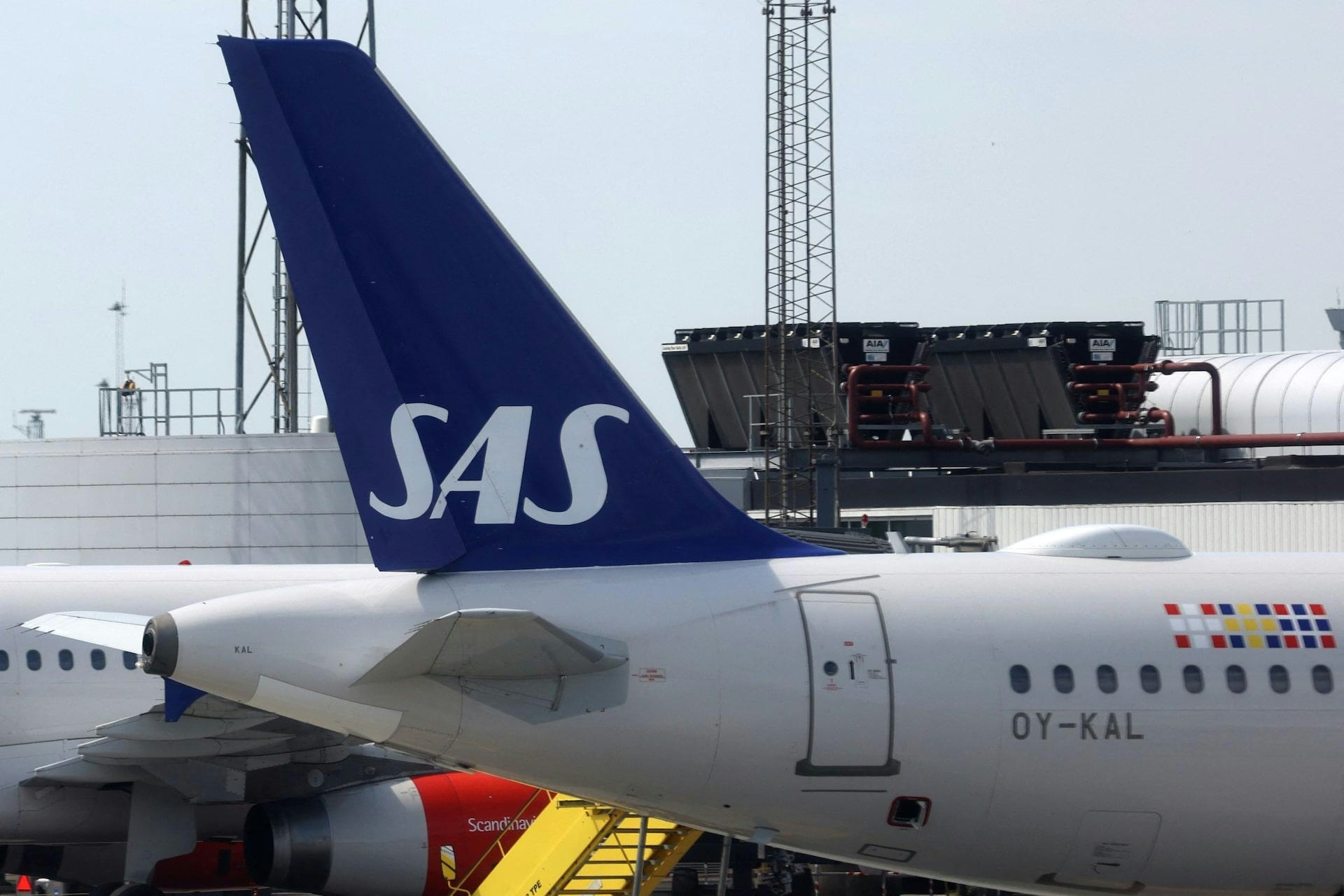
Scandinavian Airlines Introduces AI to Reduce Disruptions at Copenhagen and Stockholm Airports by 2026
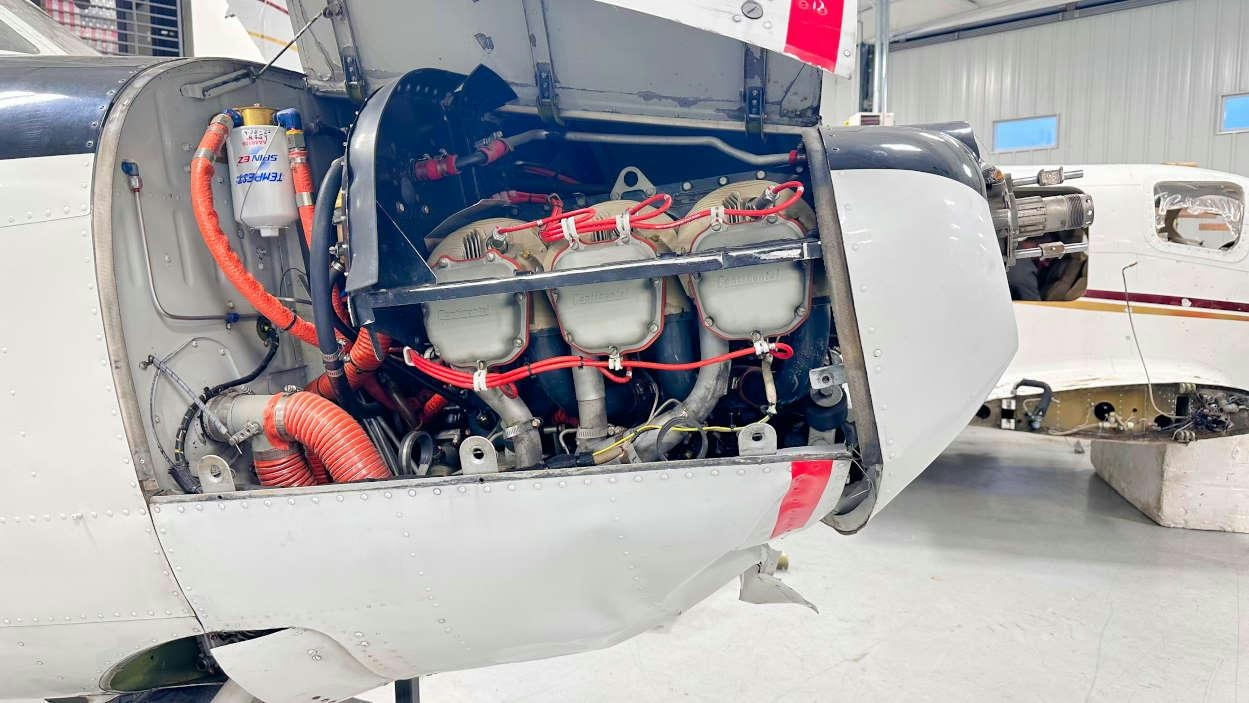
Airlines Dismantle New Planes to Salvage Engines

AI Enhances Passenger Experience in Aviation
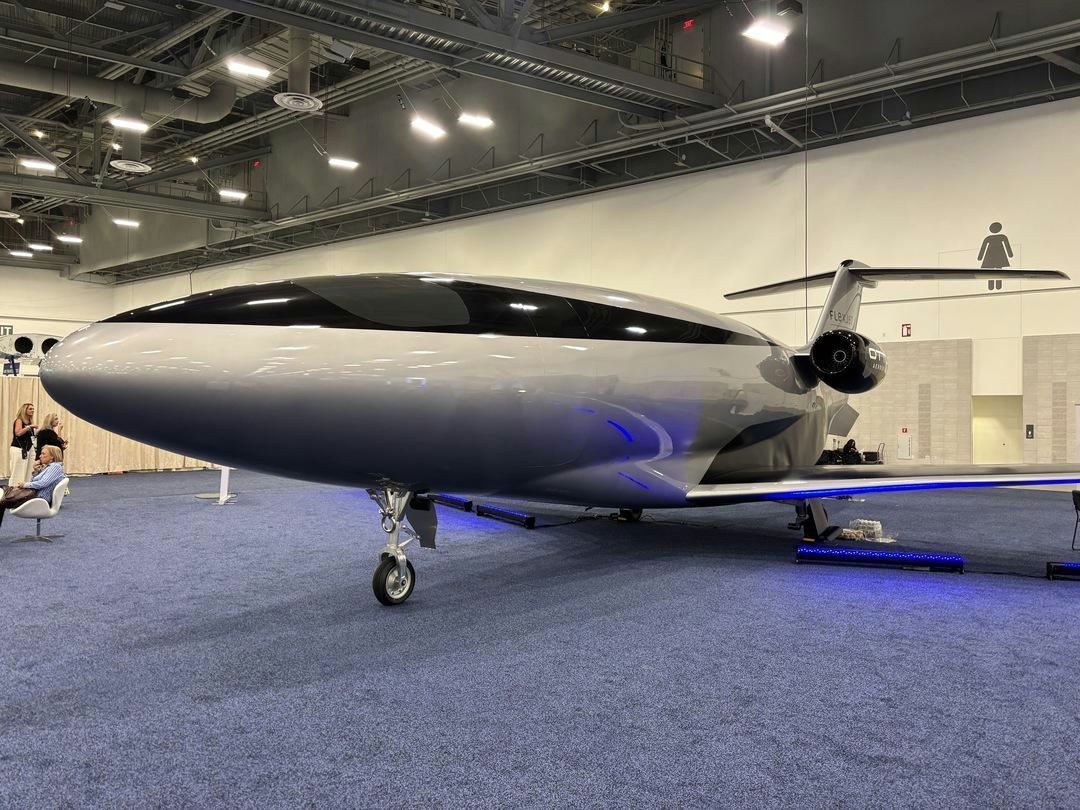
RAVE Aerospace Emerges from Legacy of In-Flight Innovation
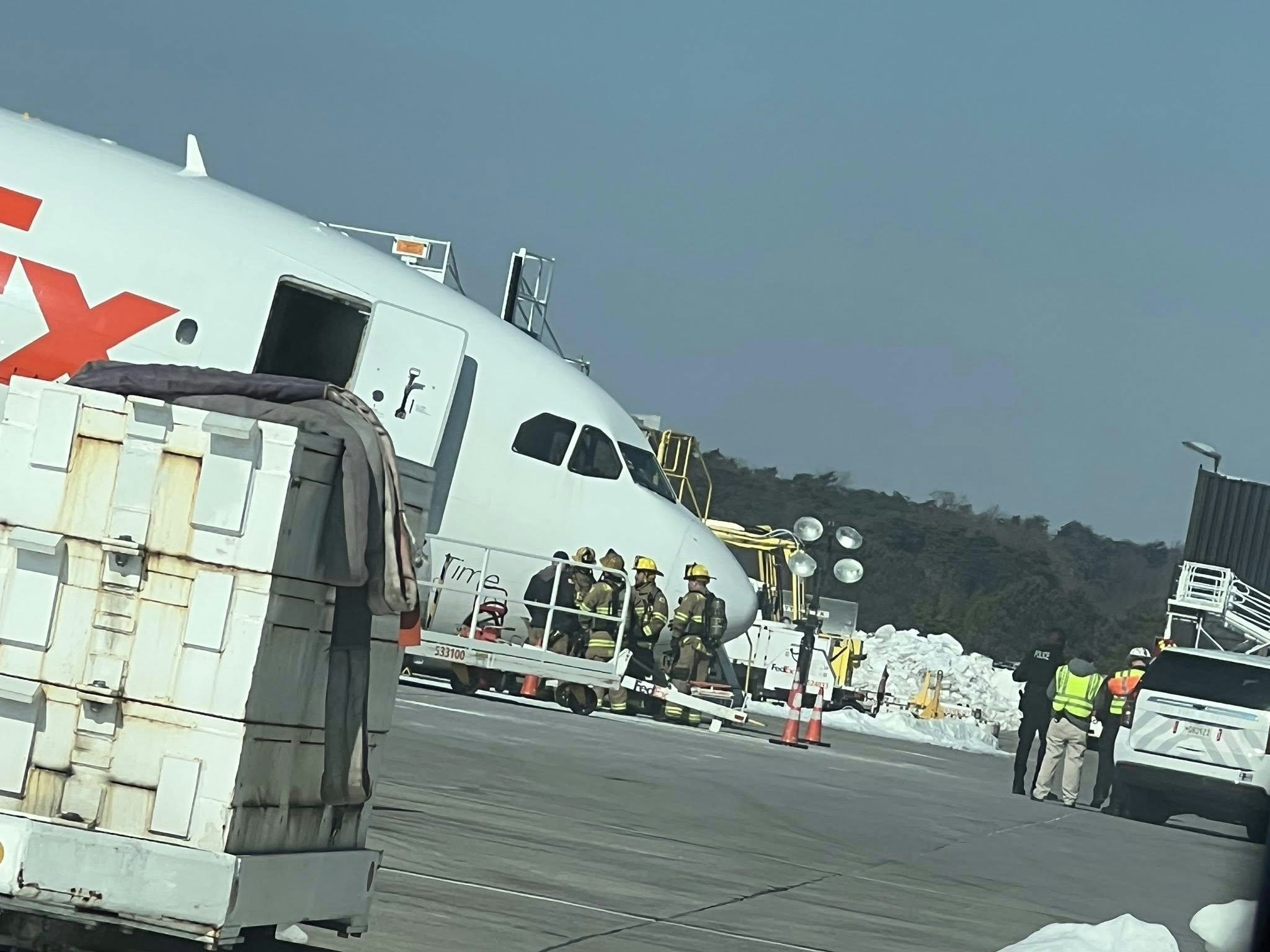
FedEx A300 Nose Gear Collapses During Maintenance at BWI Airport
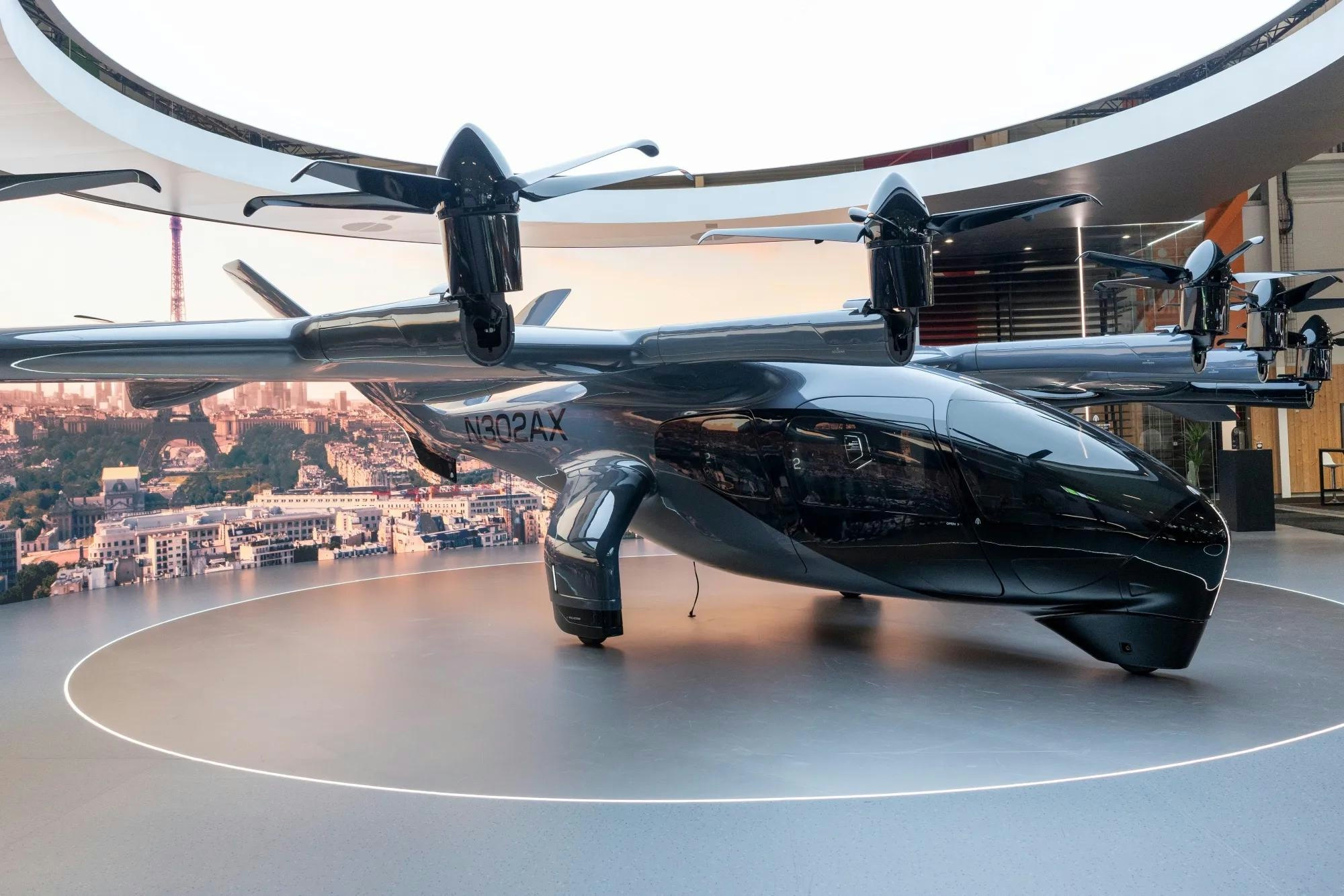
Archer Aviation Forms Partnership with Serbia to Develop Air Taxi Services
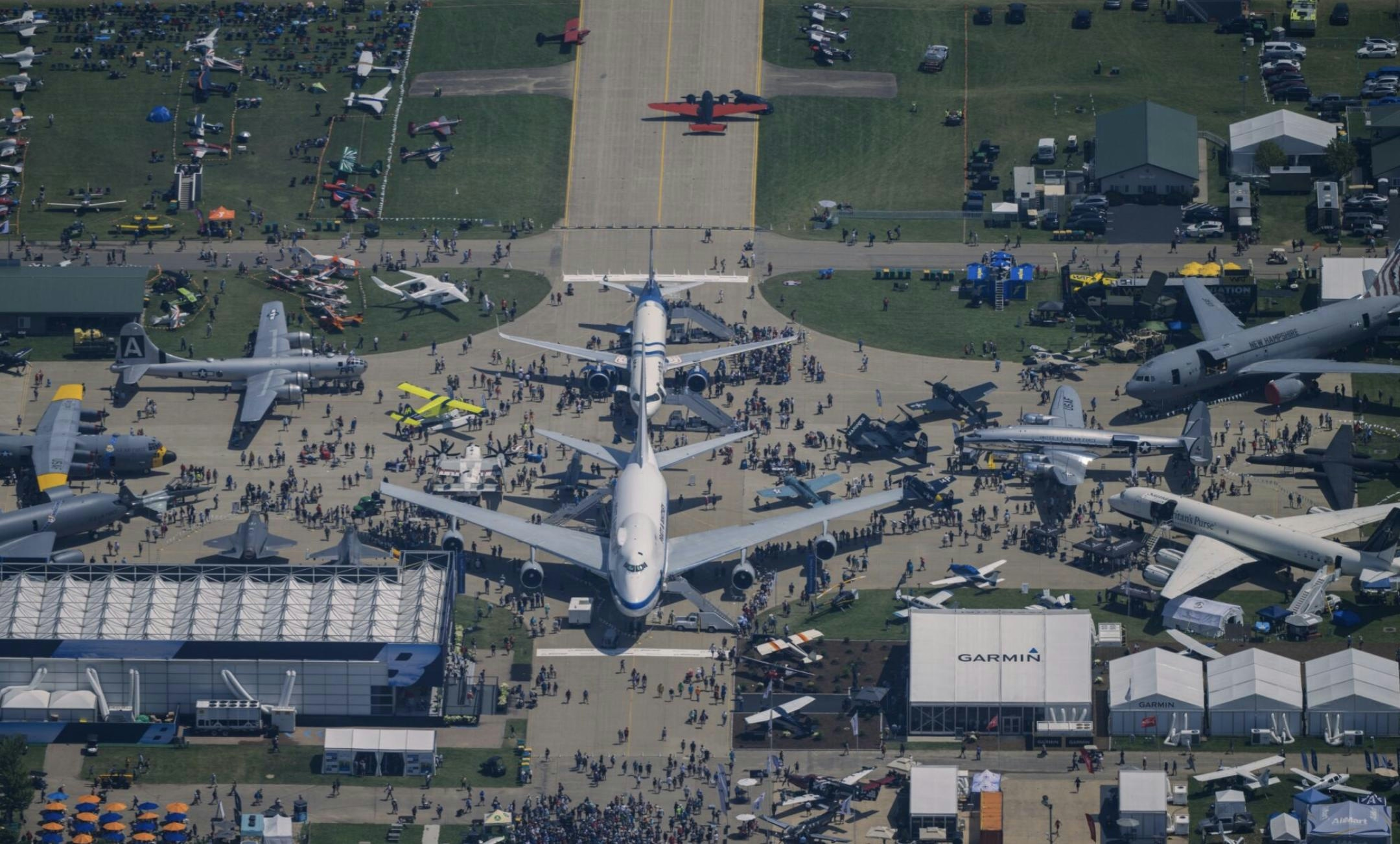
Early Aircraft Collection to Appear at AirVenture Oshkosh 2026
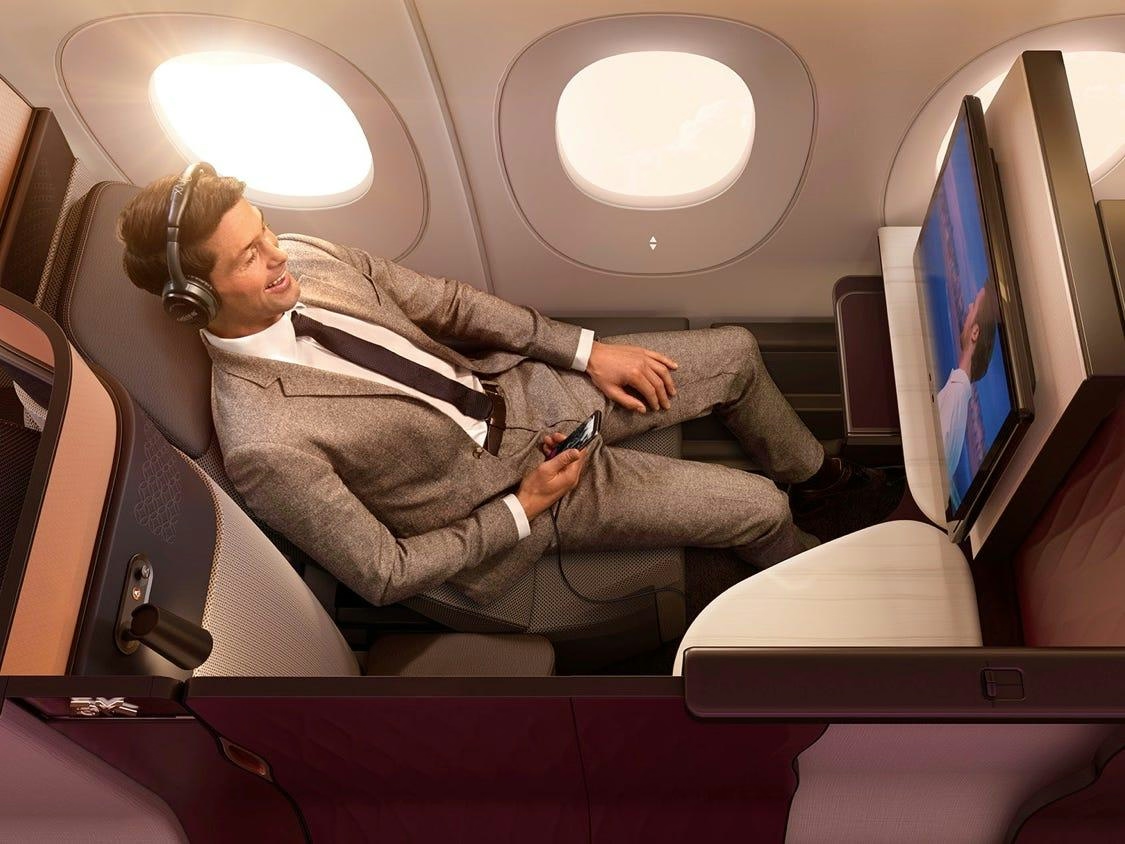
2026 TPG Awards: Best Innovation in Airline Loyalty
